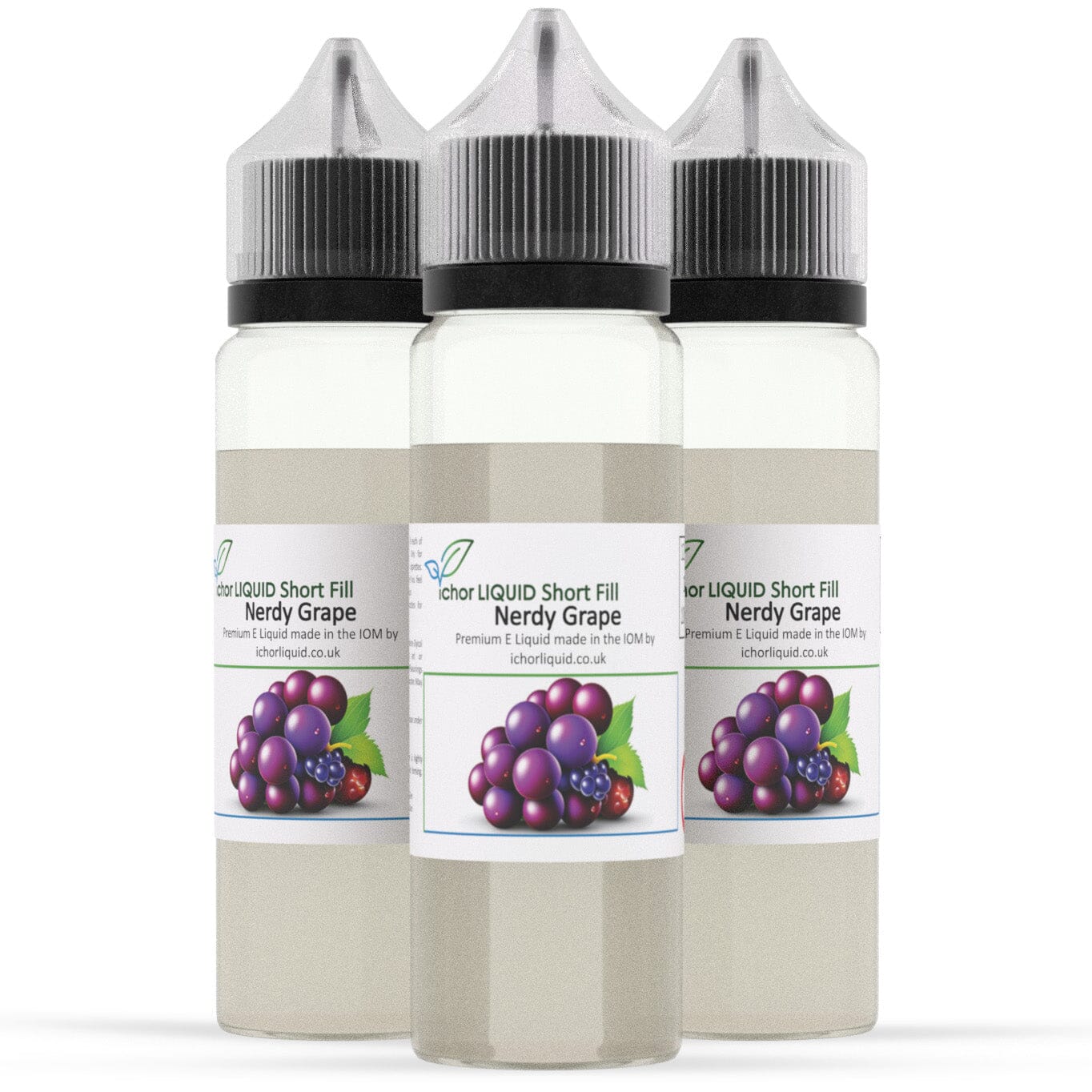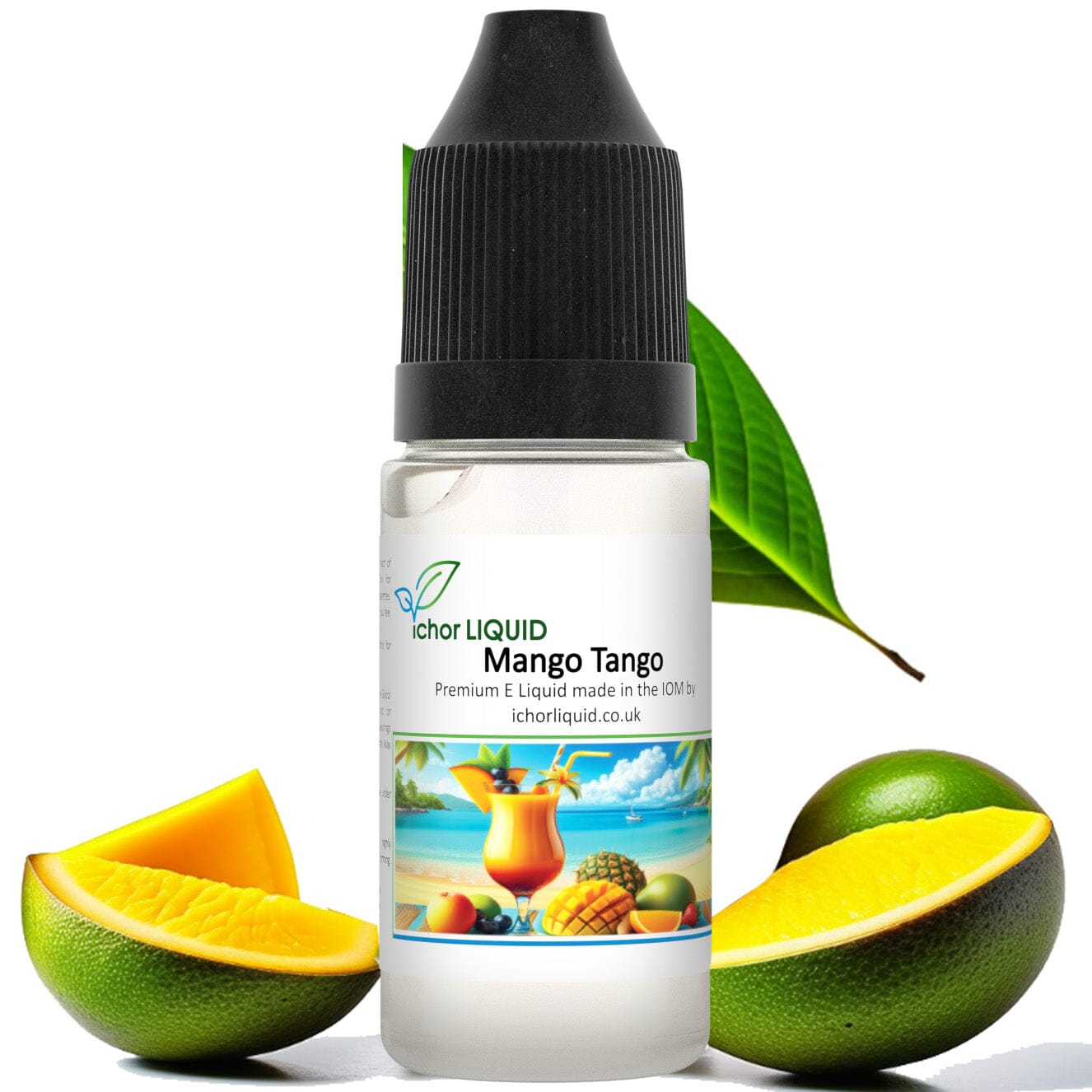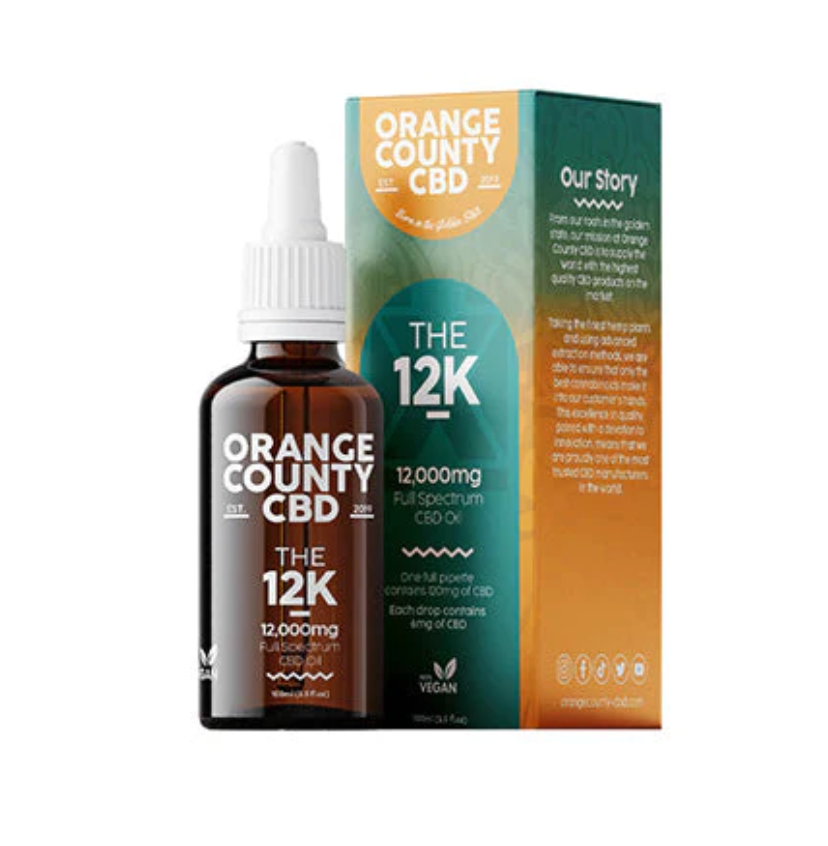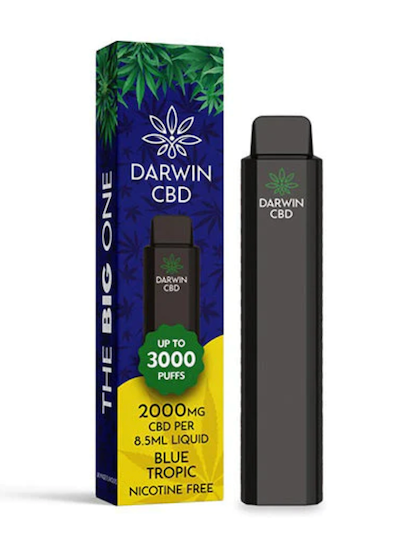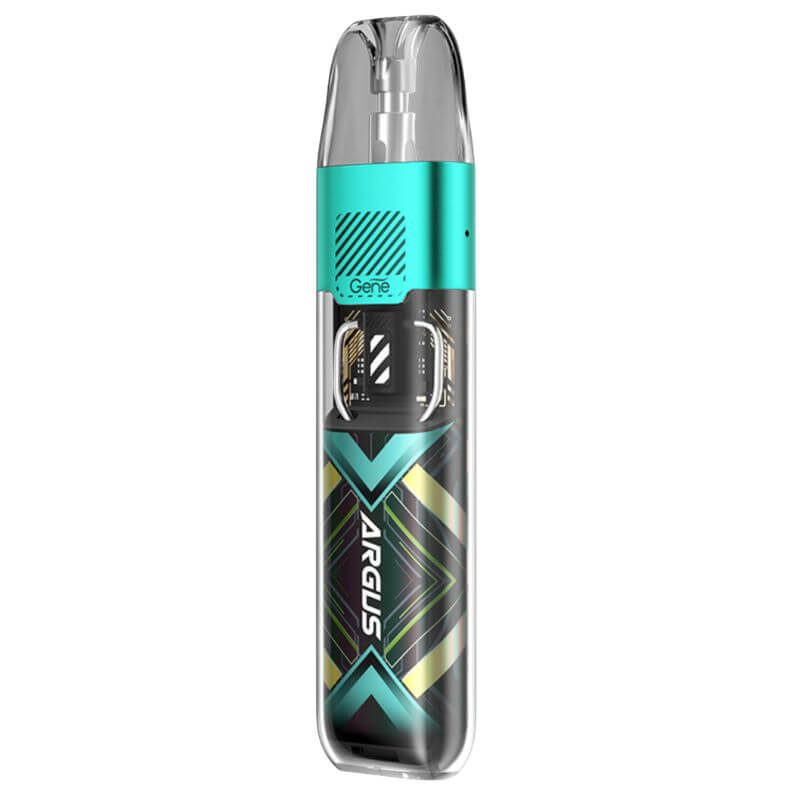What Is CBD - A Beginner's Guide To Cannabidiol And Its Benefits

What is CBD?
Are you curious about the buzz surrounding CBD, but not quite sure what it is or how it can benefit you? You're not alone! CBD, short for cannabidiol, is a compound found in the cannabis plant that has been gaining popularity for its potential health and wellness benefits. In this beginner's guide, we'll cover everything you need to know about CBD, from its origins to its potential uses and benefits. CBD is not psychoactive, meaning it won't get you high, unlike its well-known counterpart, THC. It's important to note that CBD is legal in many parts of the world, but it's always a good idea to check the laws in your specific area. From its potential to relieve pain and anxiety to its anti-inflammatory properties, CBD has been the subject of numerous studies and anecdotal evidence supporting its use. We'll also dive into the different forms of CBD, including oils, tinctures, gummies, and more, so you can find the best option for your needs. Whether you're considering trying CBD for the first time or just want to learn more about its potential benefits, this guide will provide you with a solid foundation in understanding this versatile and increasingly popular compound. So grab a cup of tea, get comfortable, and let's delve into the world of CBD together!Key Takeaways:
- CBD is a compound found in the cannabis plant: It is one of over 100 cannabinoids found in cannabis and is known for its potential health benefits.
- It is not psychoactive: Unlike THC, CBD does not produce a "high" and is safe for use without the risk of intoxication.
- CBD has numerous potential benefits: It may help with anxiety, depression, pain relief, and even epilepsy and other neurological disorders.
- There are different ways to consume CBD: It can be taken orally, applied topically, or inhaled, and it comes in various forms such as oils, edibles, and creams.
- It's important to buy from reputable sources: Not all CBD products are created equal, so it's important to research and buy from trusted brands that provide third-party lab testing results.
- It's recommended to consult with a healthcare professional: Before using CBD, especially if you are currently taking medications or have underlying health conditions.
- Start with a low dosage: If you're new to CBD, it's best to start with a low dosage and gradually increase as needed to determine your optimal dosage and effects.
Understanding the Types of CBD Products
Any beginner looking to explore the world of CBD will quickly realize that there are various types of CBD products to choose from, each with its own unique properties and benefits. It's important to understand the differences between the various types in order to make an informed decision about which product is right for you. To learn more about the different types of CBD products.
| Full Spectrum | Broad Spectrum |
| Isolate | Oils |
| Edibles | Topicals |
Full Spectrum, Broad Spectrum, and Isolate: Navigating the Options
Spectrum CBD products refer to the range of benefits and compounds available. Full spectrum contains all the naturally occurring cannabinoids found in the cannabis plant, including trace amounts of THC. Broad spectrum contains multiple cannabinoids but has no THC present. Isolate is the purest form of CBD, containing only CBD with all other compounds removed.
A Closer Look at CBD Forms: Oils, Edibles, Topicals, and More
Edibles, oils, and topicals are among the most common forms of CBD products available. Edibles come in the form of gummies, chocolate, and other tasty treats. Oils, on the other hand, are typically administered sublingually, while topicals are applied directly to the skin. Vaping CBD is also commonly used.
Full spectrum CBD products contain a variety of cannabinoids, including THC, which may produce a psychoactive effect in some individuals. However, broad spectrum and isolate products are THC-free, making them a good option for those who want to avoid any psychoactive effects.
Step-by-Step Guide to Using CBD
The use of CBD can be a bit overwhelming for beginners, but with the right approach, you can easily incorporate it into your wellness routine. Here's a step-by-step guide to help you make the most out of CBD.
| Starting Out with CBD: Determining the Right Product for You | Tips for Your CBD Journey: Dosage, Administration, and Timing |
Starting Out with CBD: Determining the Right Product for You
With so many options available in the market, it's important to determine the right CBD product for you. Whether it's CBD oil, capsules, edibles, or topicals, consider your lifestyle and preferences before making a decision. It's also crucial to research the quality and reputation of the brand to ensure you're getting a safe and effective product.
Tips for Your CBD Journey: Dosage, Administration, and Timing
Timing is important when it comes to taking CBD. It's best to take it at the same time each day to maintain a consistent level in your system. When it comes to dosage and administration, it's recommended to start low and gradually increase until you find the right dosage that works for you. Remember to consult with a healthcare professional for personalized recommendations based on your individual needs.
- Start with a low dosage and gradually increase
- Consistency is key when it comes to administration
- Timing can impact the effectiveness of CBD
Dosage, administration, and timing play a crucial role in experiencing the benefits of CBD. Consistency in your approach and patience are key to finding the right balance for you. It's important to understand that what works for one person may not work for another, so it's essential to listen to your body and adjust accordingly.

Factors to Consider When Choosing CBD
Despite the increasing popularity of CBD products, it’s essential to consider several factors when choosing the right one for you. Here are some important things to keep in mind:
- Quality: Look for high-quality CBD products that are sourced from organic hemp and processed using clean extraction methods.
- Legality: Check the legal status of CBD in your area to ensure compliance with local regulations.
- Lab Tests: Choose products that have been tested by a third-party laboratory to ensure safety and potency.
- Labels: Pay attention to the product’s label for information on ingredients, dosage, and usage instructions.
This careful consideration will help you find the best CBD product to suit your needs and ensure a positive experience with its benefits.
Quality Matters: How to Identify High-Quality CBD Products
Products containing high-quality CBD should be sourced from organically grown hemp without the use of pesticides or synthetic fertilizers. Look for products that are tested for purity and potency by a third-party lab, and check for transparent and easy-to-understand labeling. Opt for CBD products that use clean extraction methods, such as CO2 extraction, to ensure the highest quality and safety.
Legality, Labels, and Lab Tests: Ensuring the Safety and Compliance of Your CBD
Legality is a crucial factor to consider when purchasing CBD products, as laws and regulations can vary by location. Always ensure that the product you are buying complies with local laws to avoid any potential legal issues. Additionally, carefully read the product’s label to understand its ingredients, dosage, and usage instructions. Look for products that have been tested by a third-party lab to guarantee safety and potency.
Quality should be a top priority when choosing CBD products, as it directly impacts their effectiveness and safety. Always opt for high-quality CBD sourced from organic hemp and tested for purity and potency by a third-party lab to ensure a positive experience with its benefits.
Pros and Cons of CBD Usage
Your journey into the world of CBD will be much more informed by understanding the pros and cons of its usage. Below are some key points to consider when incorporating CBD into your wellness routine.
| Pros | Cons |
| May help relieve anxiety and stress | Potential for drug interactions |
| Has anti-inflammatory properties | May cause drowsiness |
| Could aid in pain relief | Regulation and quality control issues |
| Promising results in treating epilepsy | Legal restrictions and stigma |
| Potential for improving sleep quality | Negative impact on liver function |
The Benefits of CBD: From Anxiety to Pain Relief
Benefits of using CBD include its potential to alleviate anxiety, stress, and promote relaxation. It has also been found to have anti-inflammatory properties, which can be beneficial for individuals dealing with chronic pain conditions. Additionally, some studies suggest that CBD may offer relief from symptoms of epilepsy and improve sleep quality.
It's important to note that individual responses to CBD can vary, and it's always best to consult with a healthcare professional before starting any new supplement regimen.
Potential Drawbacks and Side Effects: What to Watch Out For
An important consideration when using CBD is the potential for side effects, such as drowsiness and potential interactions with other medications. Additionally, there may be regulatory and quality control issues with CBD products, and some individuals may experience negative effects on liver function. It's crucial to be aware of these potential drawbacks and monitor your response to CBD carefully.
Pros: While CBD offers numerous potential benefits, it's important to be cautious and informed about potential side effects and interactions. Consulting a healthcare professional before use is highly recommended.
Helpful Tips for CBD Beginners
Now that you've decided to explore the world of CBD, there are a few things to keep in mind as you get started:
- Start with a low dosage
- Do your research on reputable brands
- Be patient and consistent with your usage
- Keep a journal to track your experience
- Consult with a healthcare professional if you have any concerns
This will help you make the most of your CBD journey and avoid any potential pitfalls along the way. Find out how long CBD stays in your system.
Maximizing the Benefits: Strategies for Effective Use
Maximizing the benefits of CBD involves finding the right dosage and delivery method for your needs. Whether it's through tinctures, edibles, or topicals, experimenting with different products can help you discover what works best for you. Additionally, consider incorporating CBD into your daily routine to experience its full potential. See 7 Benefits of CBD Oil
Common Mistakes to Avoid as a New CBD User
Effective use of CBD involves avoiding common mistakes that may hinder your experience. These include starting with high doses, expecting immediate results, and failing to research the products you're using. It's important to approach CBD with realistic expectations and an understanding of how it may affect your body.
It's crucial to remember that CBD is not a one-size-fits-all solution, and what works for one person may not work for another. By being mindful of these common mistakes, you can set yourself up for a positive and beneficial experience with CBD.
Conclusion
So there you have it, a beginner's guide to cannabidiol and its benefits. CBD is a natural compound found in the hemp plant that has gained popularity for its potential health benefits. It has been shown to help with a variety of conditions, including anxiety, pain, and inflammation. Whether you're looking to alleviate specific symptoms or simply improve your overall well-being, CBD may be worth considering as a natural remedy.
If you're interested in learning more about CBD and how it can benefit you, check out What is CBD? for additional information and resources. With a better understanding of what CBD is and how it works, you can make an informed decision about incorporating it into your wellness routine. Remember to consult with a healthcare professional before starting any new supplement, especially if you have pre-existing medical conditions or are taking medication.
F.A.Q
CBD, short for cannabidiol, is a natural compound found in the cannabis plant. Unlike THC, another compound found in cannabis, CBD does not produce a "high" and is non-psychoactive.
The legal status of CBD varies depending on your location. In the United States, CBD derived from hemp containing less than 0.3% THC is legal at the federal level. However, it's important to check your local laws before purchasing CBD products.
CBD interacts with the body's endocannabinoid system, which plays a role in regulating various physiological and cognitive processes. It is believed that CBD may influence this system to promote balance and homeostasis.
Some studies suggest that CBD may have potential benefits for anxiety, pain management, inflammation, and various neurological disorders. However, more research is needed to fully understand the extent of CBD's therapeutic effects.
CBD is available in various forms, including oils, tinctures, edibles, capsules, and topicals. The best method of consumption depends on your individual preferences and the specific reason you're using CBD.
While CBD is generally well-tolerated, some people may experience side effects such as fatigue, diarrhea, and changes in appetite or weight. It's important to consult with a healthcare professional before incorporating CBD into your routine, especially if you're taking other medications.
It's highly unlikely to overdose on CBD, as it is generally well-tolerated even in high doses. However, it's always best to start with small amounts and gradually increase as needed to determine your ideal dosage.

